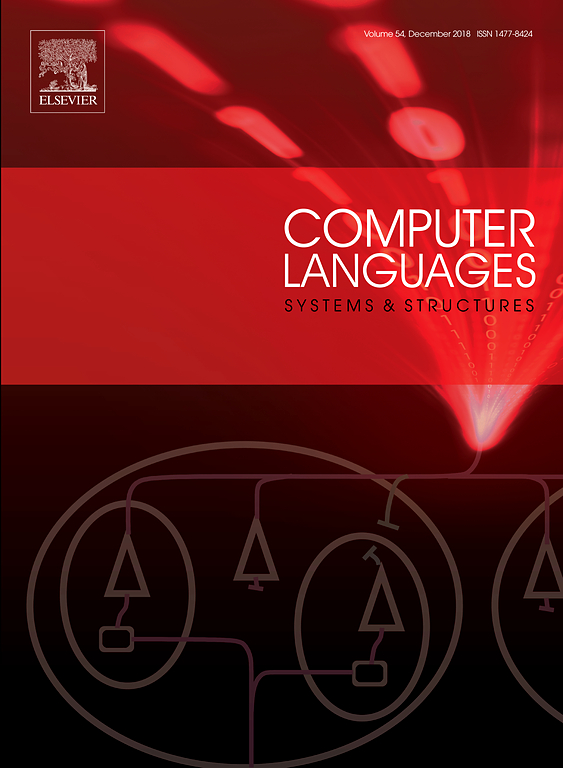Medical Pluralism During and After Socialism: A Study of Psychotronics in the Former Czechoslovakia
Q1 Computer Science
引用次数: 3
Abstract
The paper starts with a discussion on the concept of medical pluralism, then presents a theoretical framework of the exclusive medical model, which recognizes only one legal system for medicine. The author then considers psychotronics activities as a specific form of alternative healthcare, along with describing and analysing the healthcare situation that existed during the socialist period in former Czechoslovakia and compares it with the contemporary pluralistic situation that emerged in both the Czech Republic and Slovakia. The findings of this paper suggest that, despite the prevalent rationalist view during the socialist period and the tendency to promote biomedicine as the only legitimate and superior healthcare practice, the conditions for the development of pluralism in medical healthcare were nevertheless created. The paper concludes that research on the shifting relationship between alternative medicine and mainstream medicine reveals how scientific objectification fluctuates, or at least is negotiable, under the influence of social circumstances.社会主义时期和之后的医疗多元化:前捷克斯洛伐克精神病学研究
本文首先对医学多元化的概念进行了探讨,然后提出了一个专属医学模式的理论框架,该模式只承认一种医学法律制度。随后,作者将精神电子活动视为替代医疗保健的一种具体形式,同时描述和分析了前捷克斯洛伐克社会主义时期存在的医疗保健状况,并将其与捷克共和国和斯洛伐克出现的当代多元化状况进行了比较。本文的研究结果表明,尽管社会主义时期普遍存在理性主义观点,并倾向于将生物医学作为唯一合法和优越的医疗实践,但仍然为医疗保健多元化的发展创造了条件。本文的结论是,对替代医学与主流医学之间转换关系的研究揭示了科学客观化在社会环境的影响下是如何波动的,或者至少是可以协商的。
本文章由计算机程序翻译,如有差异,请以英文原文为准。
求助全文
约1分钟内获得全文
求助全文
来源期刊

Computer Languages Systems & Structures
工程技术-计算机:软件工程
CiteScore
2.74
自引率
0.00%
发文量
0
审稿时长
>12 weeks
期刊介绍:
Following the merger of Computer Languages, Systems and Structures with the Journal of Visual Languages and Computing in 2018, we are excited to present the Journal of Computer Languages, a single publication which covers all areas of computer languages.
The Journal of Computer Languages (COLA) welcomes papers on all aspects of the design, implementation, and use of computer languages (specification, modelling, programming; textual or visual) and human-centric computing, from theory to practice. Most papers describe original technical research, but the journal also welcome empirical studies and survey articles.
Current research areas for the Journal of Computer Languages include:
-Block-based languages-
Cognitive, perceptive and motoric systems and models-
Compilers and interpreters-
Computational thinking-
Design and development of concurrent, distributed, parallel, quantum and sequential languages-
Domain-specific languages-
End-user development-
Generative approaches, meta-programming, meta-modelling-
Human aspects and psychology of designing languages-
Information visualization-
Interaction models and languages-
Location-based data and processes-
Language design and implementation-
Language-based security-
Language evolution, integration, composition, and coordination-
Language product lines-
Language workbenches, meta-languages and development frameworks-
Languages, models, and frameworks for visual analytics-
Languages for large-scale scientific computing-
Languages for software specification and verification-
Libraries, run-time environments and language ecosystems-
Modelling and programming languages-
Modularity and extensibility of language specifications and programming-
Parallel/distributed/neural computing and representations for visual information processing
[...]
 求助内容:
求助内容: 应助结果提醒方式:
应助结果提醒方式:


